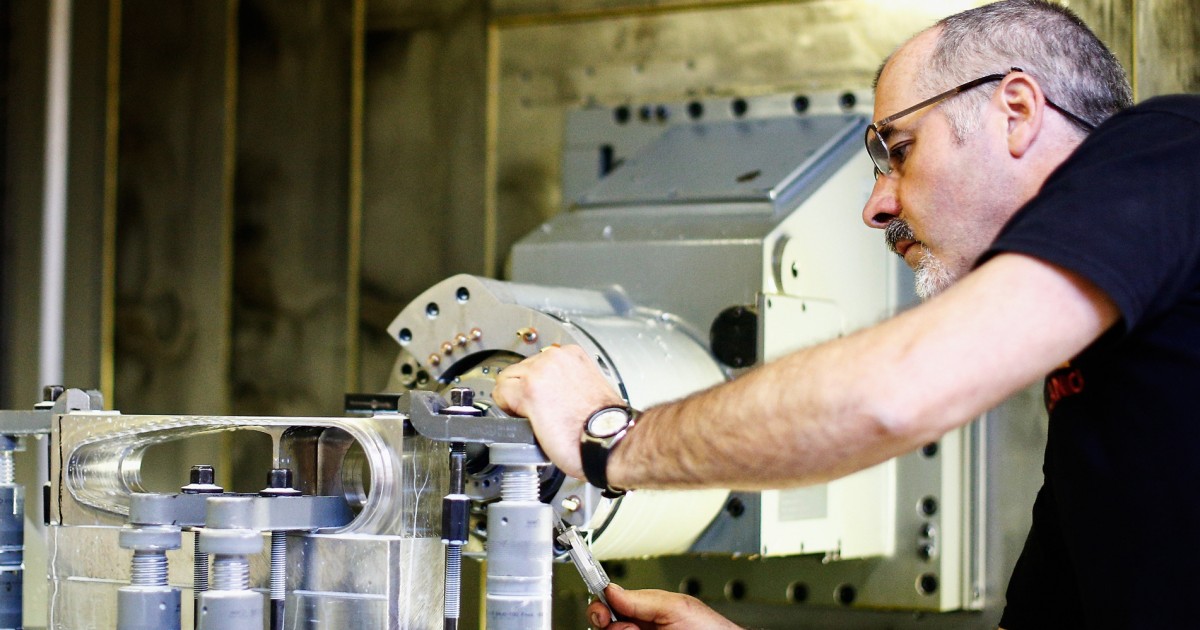
Cosmic Radiation
Cosmic radiation refers to the high-energy particles that originate from outside the Earth's atmosphere and bombard the planet's surface. These particles include protons, electrons, and atomic nuclei, and they can have energies that range from a few kiloelectronvolts to several hundred megaelectronvolts. Cosmic radiation is a significant hazard to astronauts and spacecraft, as it can cause damage to electronic equipment and biological tissue. In addition, cosmic radiation can interfere with communication systems and affect the performance of solar panels. To mitigate the effects of cosmic radiation, spacecraft are often equipped with shielding materials, and astronauts are required to limit their exposure through careful mission planning and the use of protective gear.
Your Previous Searches
Random Picks
- Security Audits: Security audits are systematic evaluations of the security of a space or astronautical system, including its physical, technical, and administrative controls. The purpose of a security audit is to identify vulnerabilities and potential thre ... Read More >>
- Turbine Engine: A turbine engine is a type of internal combustion engine that converts the heat energy produced by the combustion of fuel into mechanical energy. In a turbine engine, air is compressed and mixed with fuel, which is then ignited in the combu ... Read More >>
- Earth Observing System Data & Information System (EOSDIS): The Earth Observing System Data & Information System (EOSDIS) is a program managed by NASA that provides access to Earth science data from various sources, including satellites, aircraft, field measurements, and other kinds of remote sensin ... Read More >>
Top News

Can Amazon's soon-to-launch Kuiper satellites rival Musk's Starlink?...
Amazon is aiming to launch its first operational satellites today to provide speedy internet connections in remote regions, but it will still take some time to catch up with its main competitor, Space...
News Source: New Scientist on 2025-04-09

A day at Uranus just got 28 seconds longer...
A day at Uranus just got a little longer...
News Source: ABC News on 2025-04-07

SpaceX's Fram2 returns from first-of-its-kind mission around Earth's poles...
The Fram2 mission, paid for and led by a cryptocurrency billionaire who is flying with three guests, has returned after a journey on a unprecedented polar orbit....
News Source: CNN on 2025-04-04

Scientists release plans for an even bigger atom smasher to address the mysterie...
GENEVA — Top minds at the world’s largest atom smasher have released a blueprint for a much bigger successor that could vastly improve research into the remaining enigmas of physics....
News Source: NBC News on 2025-04-01

Scientists release plans for even bigger atom smasher along the French-Swiss bor...
Scientists at the world’s largest atom smasher have released a blueprint for a much bigger successor that could help solve enigmas of physics, starting in the mid-2040s at a cost of about $16 billio...
News Source: ABC News on 2025-04-01